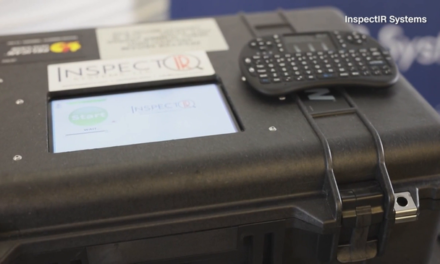A groundbreaking international clinical trial, co-led by an Indian-origin researcher, has unveiled promising new strategies to reduce relapse in children with the most common childhood cancer, B-cell acute lymphoblastic leukemia (B-ALL). The results could redefine treatment protocols and significantly improve survival rates for young patients globally.
The trial, led by the Children’s Oncology Group and involving scientists from The Hospital for Sick Children (SickKids) in Toronto and Seattle Children’s Hospital, was conducted at over 200 sites across Canada, the United States, Australia, and New Zealand. The findings, published in the New England Journal of Medicine, reveal that adding the immunotherapy drug blinatumomab to standard chemotherapy can dramatically reduce relapse risks.
Key Findings
The study, which included 1,440 children, demonstrated a remarkable 61% reduction in the risk of relapse or death when chemotherapy was combined with blinatumomab. For children with an average risk of relapse, the three-year disease-free survival rate rose to 97.5%, compared to 90% for those treated with chemotherapy alone. In higher-risk children, the combination therapy increased disease-free survival rates from 85% to over 94%.
“These breakthrough data showing a significant improvement in disease-free survival are set to bring a tremendous clinical benefit to nearly all children with newly diagnosed B-ALL,” said Dr. Sumit Gupta, an oncologist and associate scientist at SickKids, and co-lead of the study.
Dr. Rachel Rau, a pediatric hematologist-oncologist at Seattle Children’s Hospital and co-lead of the trial, emphasized the importance of these findings: “These results underscore the progress made with blinatumomab in preventing relapse and support its role as a critical addition to current therapeutic strategies.”
A New Standard of Care
Blinatumomab is an immunotherapy that uses the body’s immune system to identify and attack cancer cells. Unlike traditional chemotherapy, which targets all rapidly dividing cells, immunotherapy specifically trains the immune system to recognize and destroy cancerous cells, leading to fewer side effects and improved outcomes.
Dr. Gupta highlighted the broader impact of the trial: “This new combination treatment is set to become the new standard of care for these patients, potentially saving many lives and reducing the fear and health impacts associated with relapse.”
Global Implications
The study’s findings are expected to influence treatment protocols worldwide, offering a more effective and less invasive option for children with B-ALL. As researchers continue to explore the potential of combining traditional treatments with immunotherapy, the outlook for young cancer patients grows increasingly hopeful.
“This is changing the standard of care for children with B-ALL around the world,” Gupta added, marking this trial as a milestone in pediatric oncology.
The success of this international collaboration underscores the importance of global research initiatives in tackling complex health challenges and bringing life-saving advancements to patients everywhere.











